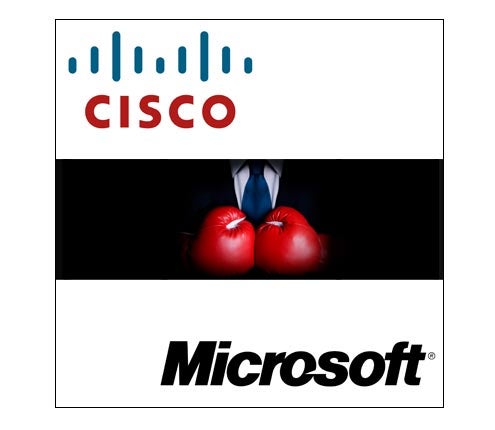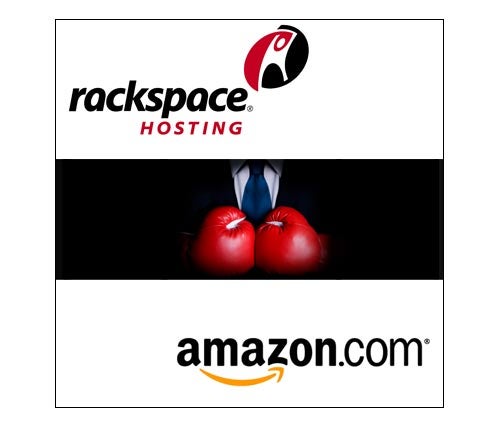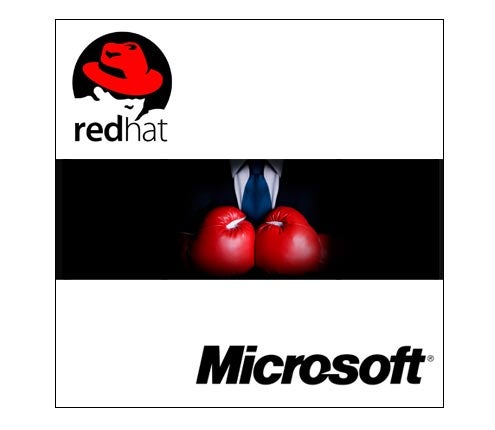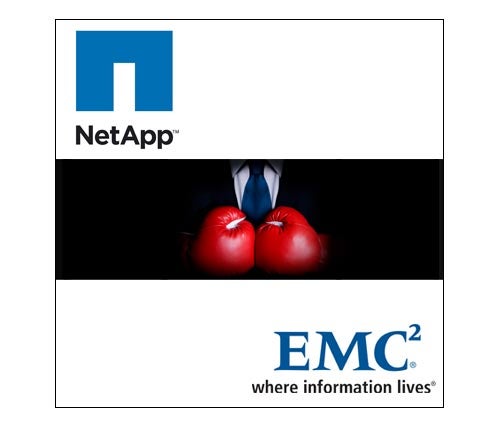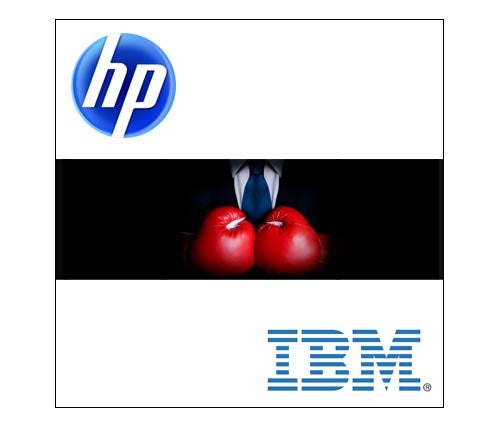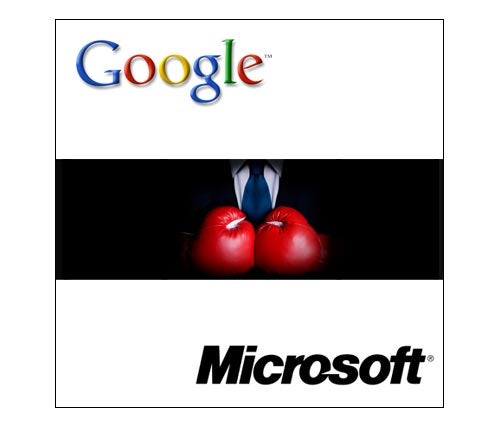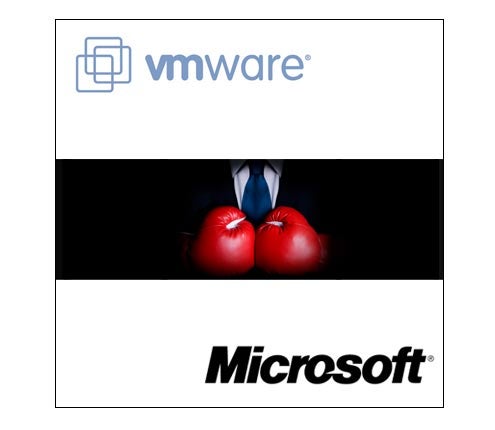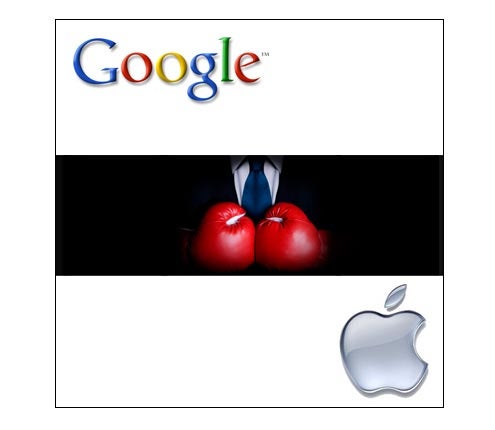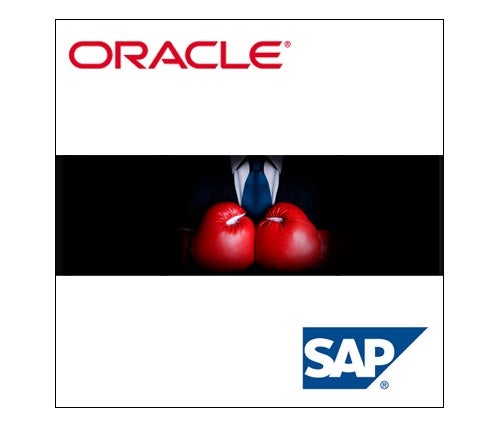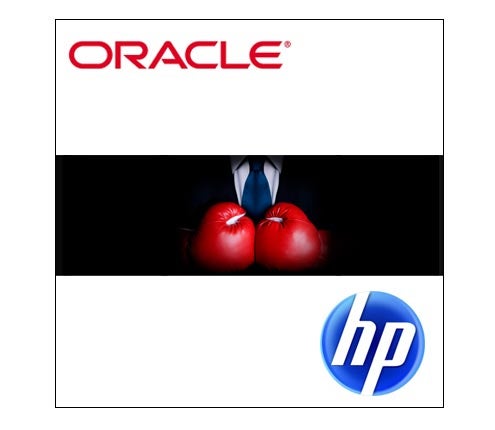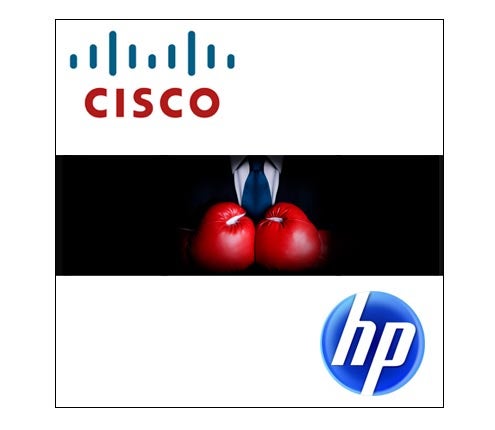While the battles between the major IT vendors have always been intense, the thing that seems to characterize the nature of internecine conflict within the IT industry is that the competition is getting personal.
Whether this is because a downturn in the economy has resulted in a heightened level of sensitivity or that all the long-term industry trends point towards a convergence that will ultimately reduce the number of players, just about every major IT industry CEO has in one form or another publicly taken a cheap shot at the competition.
Of course, some of this behavior may simply be a byproduct of the 24-hour cable and Internet news cycle. But the root cause of much of this emotional intensity seems to stem from the fact that every major IT vendor in one form or another is trying to expand their customer base by expanding their operations into adjacent territory.
In fact, the most aggressive of all the companies in regards to this behavior is Cisco, which is expanding its base into not only the server space dominated by Hewlett-Packard, IBM and Dell, but also collaboration applications and unified communications services that Microsoft sees as a natural extension of productivity applications.
Of course, when it comes to industry slugfests, the most verbose player in the game is Oracle CEO Larry Ellison. But even while Oracle moved to acquire Sun and got involved in public spats with both HP and SAP, its ambitions are still not as grandiose as what Cisco is trying to execute.
Naturally, there are plenty of other feuds going on across the industry that bring with them their own unique levels of intensity, not the least of which is the conflict between Rackspace and Amazon over the future of cloud computing, as well as the ongoing storage trench warfare between EMC and NetApp, the coming virtualization showdown between Microsoft and VMware, and emerging conflicts over mobile and cloud computing involving Google, Apple and Microsoft.
All in all, there are plusses and minuses to this new level of competitive intensity across the IT industry. Clearly, passions are running high, which means a lot more people are paying much closer attention to what is actually happening within the customer base. That should, at least, make vendors both more responsive and useful to the customer. However, too much noise usually winds up being a distraction that can easily take a vendor's eye off the enterprise IT ball.
To what degree vendors are simply taking a page from the Machiavelli playbook in an effort to rally their dispirited troops in the face of an external threat or to maneuver into position for a Battle Royale in 2011 is still anybody’s guess.
But the one thing that every IT executive should be doing is rooting for them all because the level of competition in the IT industry is directly related to the quality of IT services and products that customers ultimately receive.
Click through for the top 11 enterprise battles that will be waged in 2011.
As unified communications heads for mainstream adoption, these two will fight for control.
Domination over the public cloud will be determined in 2011.
With Novell neutralized, Red Hat will get more aggressive in 2011.
The battle over virtual enterprise storage will turn into trench warfare.
The fight for control of the data center is on.
Google is now a real applications threat.
Microsoft plans to scotch the virtual universe.
Winner takes all in the tablet war.
This long time grudge match will continue to heat up.
This matchup is getting personal.
These two are battling at every enterprise turn.



